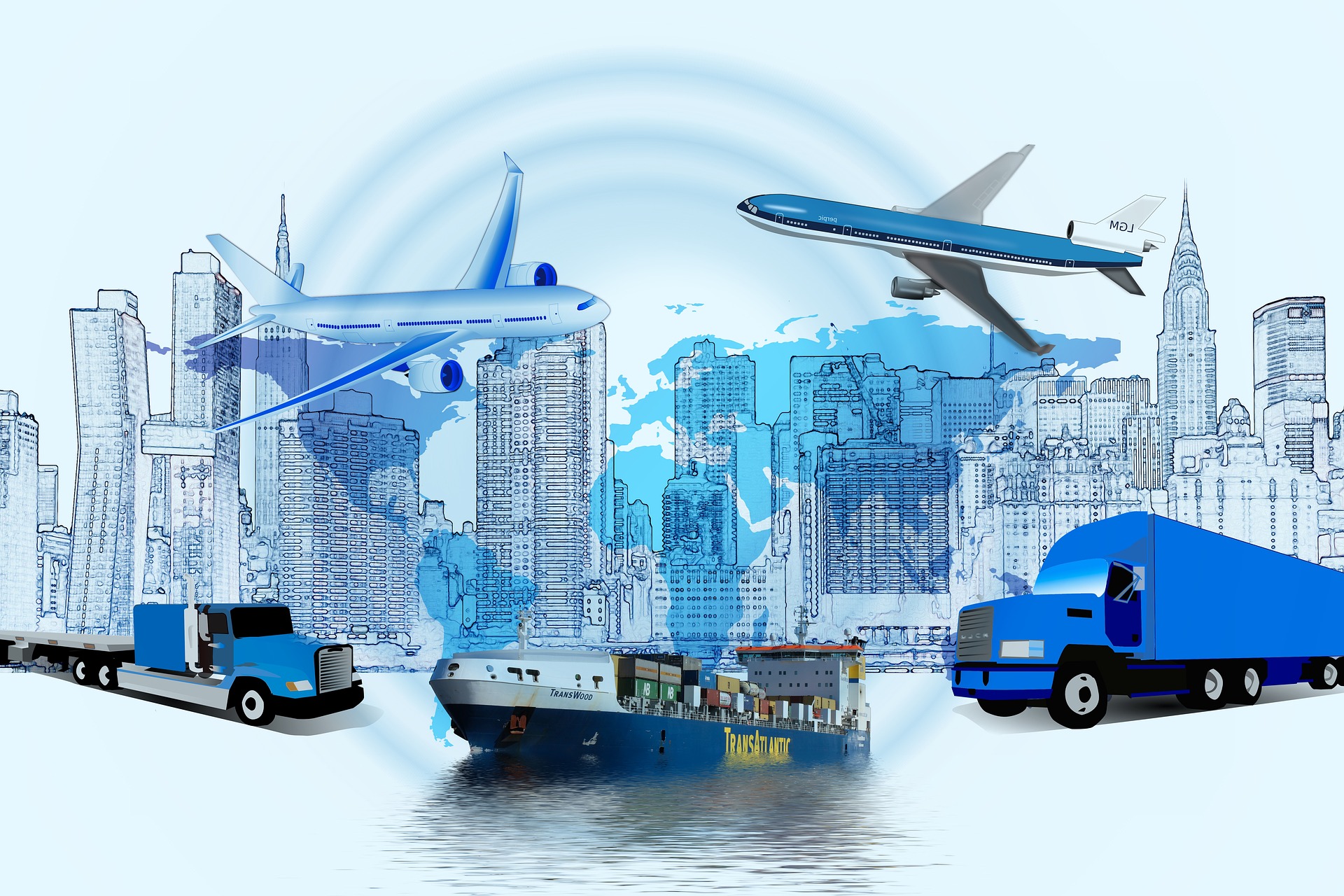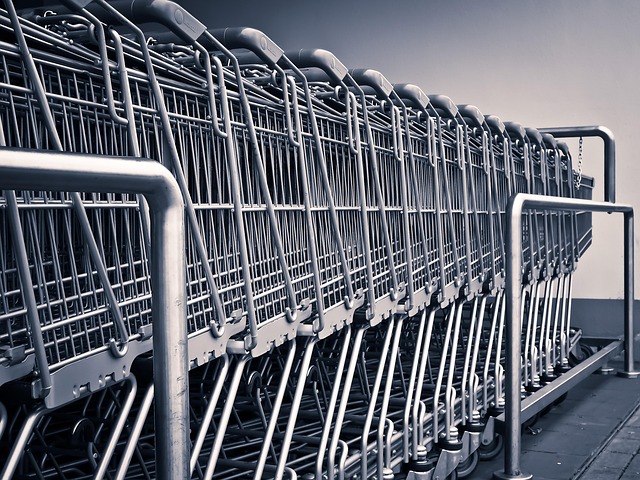Understanding Wholesale: From Sourcing to Global Trade Operations
Wholesale operations form the backbone of global commerce, connecting manufacturers with retailers through bulk purchasing arrangements. This business model enables companies to source products directly from suppliers, often at significantly reduced per-unit costs compared to retail pricing. Understanding wholesale processes, from identifying reliable suppliers to managing bulk orders, can unlock substantial opportunities for businesses seeking to optimize their supply chains and improve profit margins.

Learn About Sourcing Products Directly From Trusted Chinese Vendors
China remains a dominant force in global manufacturing, offering extensive opportunities for businesses seeking reliable wholesale suppliers. The key to successful sourcing lies in thorough vendor verification and relationship building. Established platforms like Alibaba, Made-in-China, and Global Sources provide access to thousands of verified manufacturers across various industries.
When evaluating Chinese vendors, examine their business licenses, production capabilities, and quality certifications such as ISO standards. Request product samples before placing bulk orders, and consider conducting factory audits either in person or through third-party inspection services. Communication is crucial - work with suppliers who respond promptly and demonstrate clear understanding of your requirements.
Building long-term partnerships with Chinese manufacturers often yields better pricing, priority production scheduling, and improved quality control. Many successful wholesale businesses establish exclusive arrangements with select vendors, ensuring consistent product availability and competitive pricing structures.
Explore How to Identify Authentic Suppliers for Bulk Orders
Authentic supplier identification requires systematic evaluation beyond initial impressions. Start by verifying business registration documents, checking company addresses through satellite imagery, and reviewing customer testimonials from multiple sources. Legitimate suppliers typically maintain professional websites, provide detailed product specifications, and offer transparent pricing structures.
Red flags include suppliers requesting full payment upfront, offering prices significantly below market rates, or showing reluctance to provide references. Authentic suppliers welcome questions about their manufacturing processes, quality control measures, and shipping procedures. They also maintain proper documentation for export requirements and customs declarations.
Utilize trade verification services and industry databases to cross-reference supplier information. Many authentic suppliers participate in trade shows, maintain certifications from recognized industry bodies, and have established relationships with freight forwarders and logistics companies. These indicators suggest legitimate business operations and reliable service delivery.
Discover How Wholesalers Streamline Global Trade Operations
Modern wholesalers leverage technology and strategic partnerships to optimize international trade processes. Advanced inventory management systems track product availability across multiple suppliers, enabling real-time order fulfillment and reducing stockout situations. Electronic data interchange (EDI) systems facilitate seamless communication between wholesalers, suppliers, and customers.
Logistics optimization represents another critical area where wholesalers add value. By consolidating shipments from multiple suppliers, wholesalers achieve economies of scale in transportation costs. They negotiate favorable rates with shipping companies, handle customs documentation, and manage warehousing operations across strategic locations.
Wholesalers also provide crucial market intelligence, helping suppliers understand demand patterns and assisting retailers with product selection. This intermediary role reduces market friction and enables more efficient allocation of resources throughout the supply chain.
| Service Type | Provider Example | Key Features | Cost Estimation |
|---|---|---|---|
| Sourcing Platform | Alibaba | Supplier verification, trade assurance | $0-$399/month membership |
| Quality Inspection | SGS | Factory audits, product testing | $300-$800 per inspection |
| Freight Forwarding | DHL Supply Chain | Logistics management, customs clearance | 3-8% of shipment value |
| Trade Finance | HSBC Trade | Letters of credit, payment protection | 1-3% of transaction value |
Prices, rates, or cost estimates mentioned in this article are based on the latest available information but may change over time. Independent research is advised before making financial decisions.
Successful wholesale operations require careful attention to regulatory compliance, particularly for international transactions. Import/export regulations, product safety standards, and tax obligations vary significantly across jurisdictions. Working with experienced customs brokers and trade attorneys helps navigate these complexities while minimizing compliance risks.
The wholesale industry continues evolving with technological advances and changing consumer preferences. Digital platforms increasingly connect buyers and suppliers directly, while automation improves order processing and inventory management efficiency. Understanding these trends helps businesses position themselves advantageously in competitive wholesale markets.
Wholesale success ultimately depends on building strong relationships, maintaining quality standards, and adapting to market changes. Companies that invest in supplier partnerships, embrace technology solutions, and focus on customer service typically achieve sustainable growth in this dynamic industry. The foundation remains consistent: reliable sourcing, efficient operations, and value creation for all stakeholders in the supply chain.




